Author: Lynda Benigno
The average adult makes 35,000 decisions each day. From the moment you get up in the morning, you make strategic choices, each with its own set of consequences. Some decisions are minute and have minimal impact on your life. When you wake, do you want to have your coffee first or take a shower? Other choices, the significant and life-altering, require careful thought and consideration. How you come to a decision is primarily based on your set of values. Some of these values were taught in childhood, while others were learned through observing the outside world. You also take into account your own set of preferences, beliefs, and desired outcome.
Everyone makes the wrong decision now and then. Some people make bad decisions and decide to dwell in them; this way, they don't have to take responsibility and can play the victim. They give their power away and go on to make more bad decisions. Others choose to take ownership of their life and choices, moving ahead to correct their mistakes and learn from their experiences. When you learn from making the wrong choices, you will make better choices in the future. How are you to know if you are making the right call? Ask yourself one question. Am I making my decision based on fear or growth?
Fear certainly has its place. It is a basic survival instinct that guides our fight or flight responses. However, fear can also prevent us from making positive changes that are necessary for growth. Fear-based decisions are about avoidance of emotional pain, cause stagnation, and steer us away from our goals. Growth based decisions come from a place of self-love as well as love for others. Growth equals improvement and gives us what we want out of life. The following list can help you discern how you are making your decisions.
Fear: There are too many unknowns, and unknowns are scary. Not knowing how things may change or worrying about how others will react makes you feel out of control. You decide its best to stick with what is predictable.
Growth: Changes always occur with unknowns, and those unknowns are not inherently negative or harmful to your well being.
Fear: What if I am judged, shamed, or rejected? This feeling comes from a place of insecurity, leading you to avoid making waves or others uncomfortable. If you are a people pleaser, this fear is heavy and a driving force behind your choices.
Growth: I have carefully considered the impact of my choices on others. I do not need permission or the understanding of others to do what is right for me. I am honoring myself by meeting my goals. This decision may make others uncomfortable, and I am okay with that. It is not my job to meet the expectations others have set for me.
Fear: What if I fail? If I don't try, I can not fail. There is nothing better on the horizon, anyways. The fear of failure and the fear of scarcity will always leave you in a position of settling for less than you deserve.
Growth: I can try, and if it does not work out, I will have learned something valuable. If it works out, I will have accomplished something that will make me proud. The world has so much to offer, and I am prepared to work hard and receive the blessings that come my way.
Fear: My intuition must be off, besides ( fill in the blank). You don't want to make a decision based on emotions alone, so you are overly logical and ignore what your gut is telling you. Behind all of your excuses for rationalizing your choice, you have the feeling of " this is not right".
Growth: These are the facts about each choice I have, and these are the emotions that accompany these facts. My gut feeling is that choice X is right because it feels right and aligns with the stated facts and my goals.
When you are trying to make a decision to pay close attention to your inner dialogue, identify where in the process, you are allowing fear to influence your choice. Name the fear and let it go. Make a conscious choice to replace the fear narrative with one that is logical, does not limit you, and feels right. You must be brutally honest with yourself. Doing so may make you feel uncomfortable, and some things are difficult to accept. However, something seemingly magical happens when you choose to do so. You begin to let go of what is not serving you, and you make room for new and better experiences. You make fewer mistakes, and you make positive changes that add to your sense of well being and happiness. You find yourself in a space where you can be strategic and logical while honoring your feelings and needs. You feel more confident and can make space for others to do the same. You retain the power of your own life story, the messy and the beautiful.
The opinions in this article are of the author and not intended to diagnose, treat, or cure any mental or physical condition. If you are struggling, please contact your healthcare provider, the National Suicide Prevention Hotline at 1-800-273-8255 or Stepping Stone Community Services at 330-577-4099.

